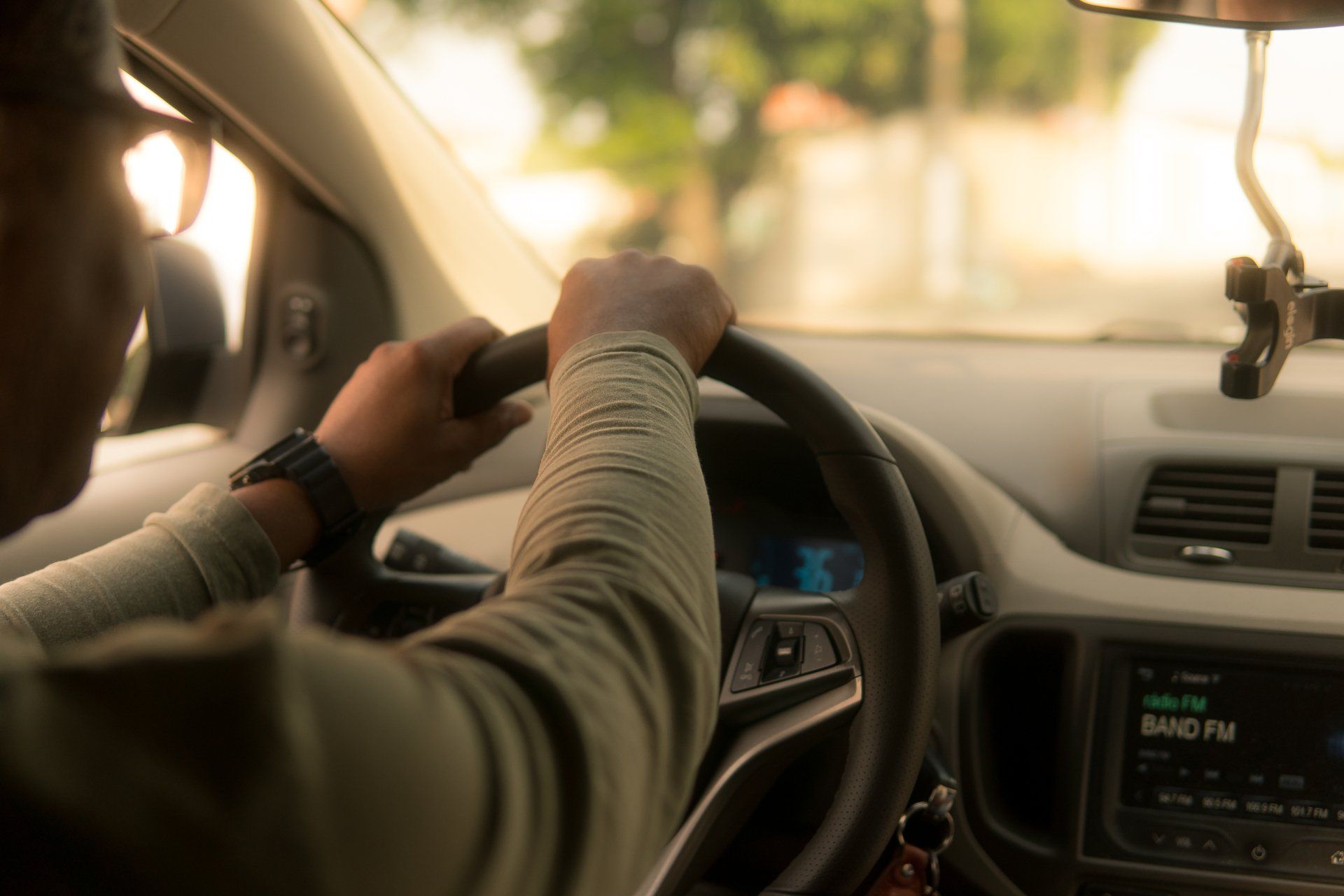TPS for Venezuelans: Urgent Updates and Deadlines You Need to Know
TPS for Venezuelans: Urgent Updates and Deadlines You Need to Know
1. Termination of TPS 2021 – But with Temporary Legal Protections
Last week, the Department of Homeland Security (DHS) announced the termination of the 2021 TPS designation for Venezuela, which had provided protection to nearly 300,000 Venezuelans (out of around 600,000 total TPS beneficiaries). According to the Federal Register, this termination is scheduled to take effect on November 7, 2025, at 11:59 p.m. local time—60 days after official publication.
This announcement understandably caused widespread fear in the community. However, several important legal developments occurred immediately afterward.
2. Court Decisions in Favor of TPS Holders – Including Friday’s Ruling
On Friday, September 5, 2025, federal judge Edward Chen ruled that the Trump administration’s attempt to cancel TPS for Venezuelans and Haitians was illegal. As a result, protections remain in place for now. However, the government has already signaled it intends to appeal, meaning the fight over TPS is far from over.
These rulings buy time—but they do not guarantee permanent protection. For TPS holders, the next steps are critical.
3. Re-Registration Deadline: September 10, 2025
USCIS has confirmed that Venezuelans who are current TPS beneficiaries—or those with applications pending as of October 3, 2023—will retain their TPS through September 10, 2025.
The re-registration window that began on January 17, 2025, officially closes on September 10, 2025. Re-registering on time will:
- Extend your TPS protection.
- Secure your work authorization (EAD) through October 2, 2026 under the most recent extension.
- Ensure that your case is considered during the ongoing litigation.
If you miss this deadline, you risk falling out of status—leaving you vulnerable if the courts ultimately allow the government to move forward with termination.
4. What This Means for You
- TPS has been terminated but not yet ended. The official cut-off date is November 7, 2025, unless courts step in further.
- Courts are fighting back. Last week’s rulings, including Friday’s decision, keep protections alive for now.
- The re-registration deadline is urgent. To protect yourself, file by September 10, 2025.
5. Next Steps:
At Wheeler Law, we encourage our Venezuelan community to act with urgency:
- Re-register before September 10. Do not wait until the last day.
- Gather your documents now. Ensure your application is complete and correct.
- Seek legal guidance. Given the shifting legal landscape, professional advice can make the difference in keeping your protections.
Bottom line: While litigation continues, your safest path is to re-register immediately. This is the strongest step you can take to protect your family, your work authorization, and your future in the United States.
Call Wheeler Law if you have any questions. We’re here to help you re-register and protect your future.







